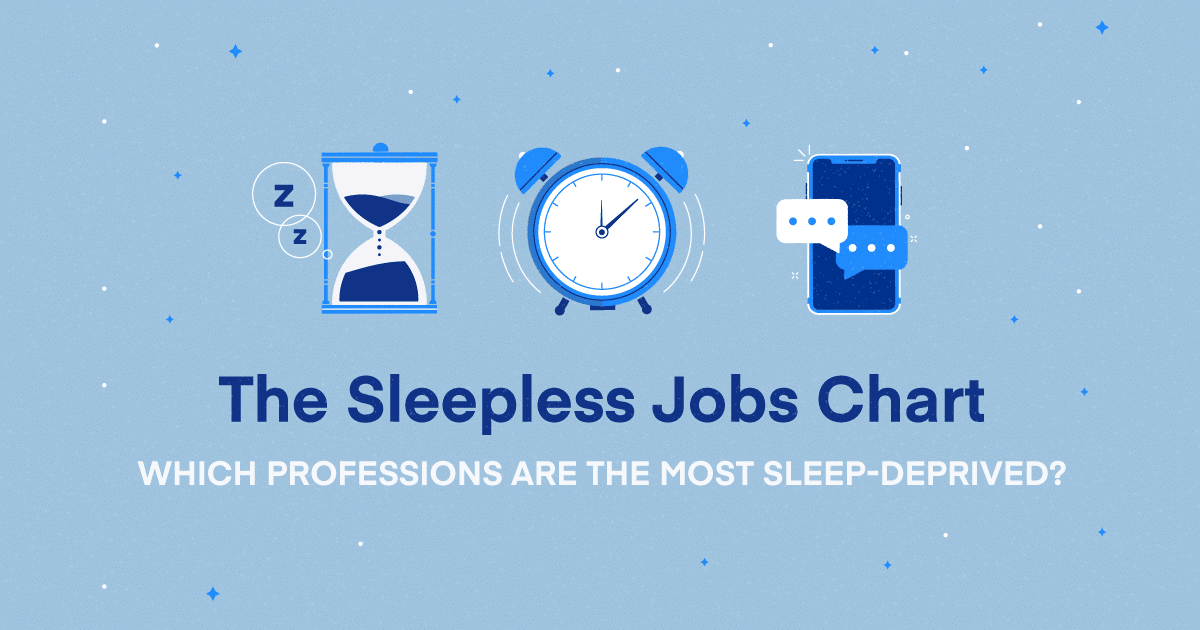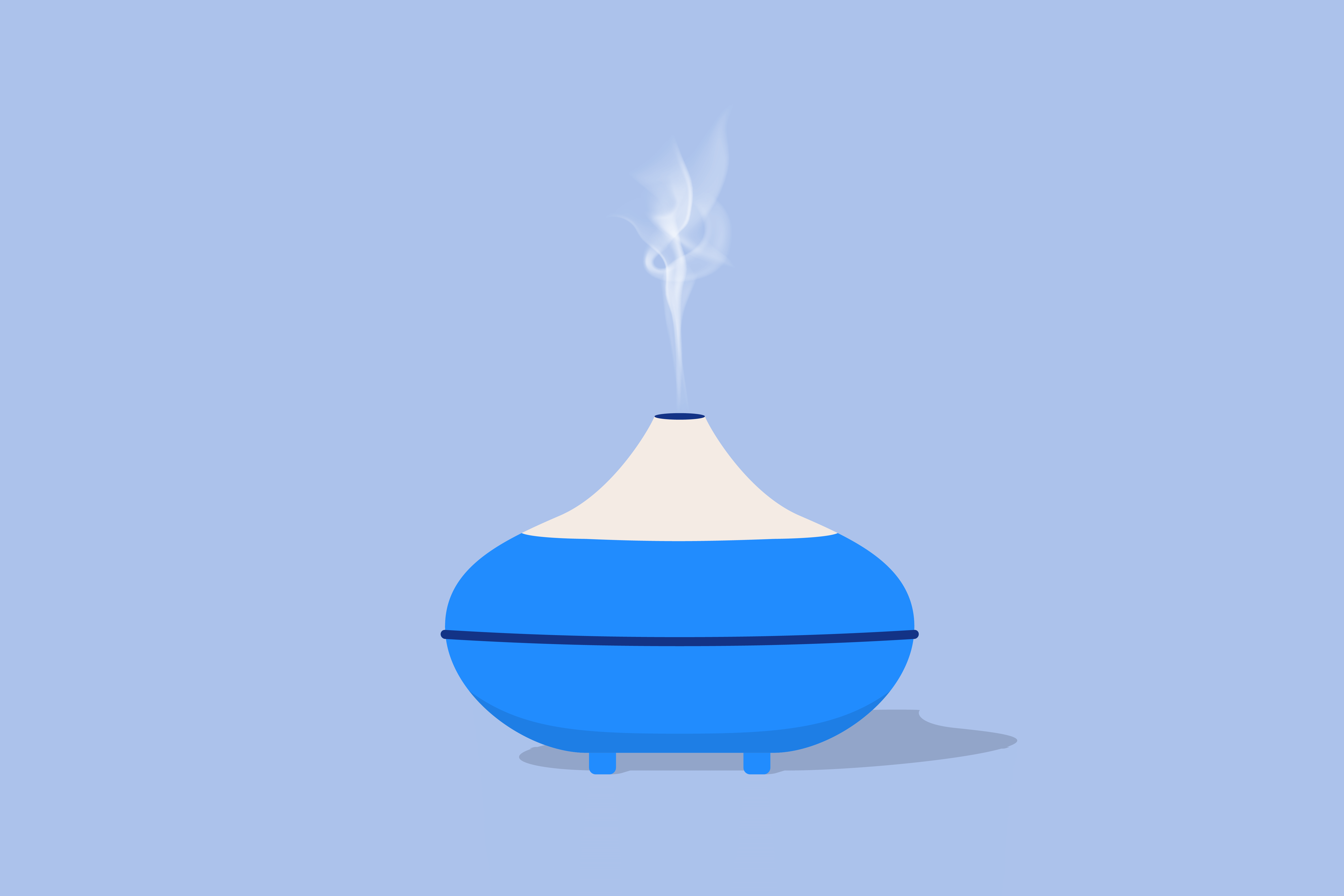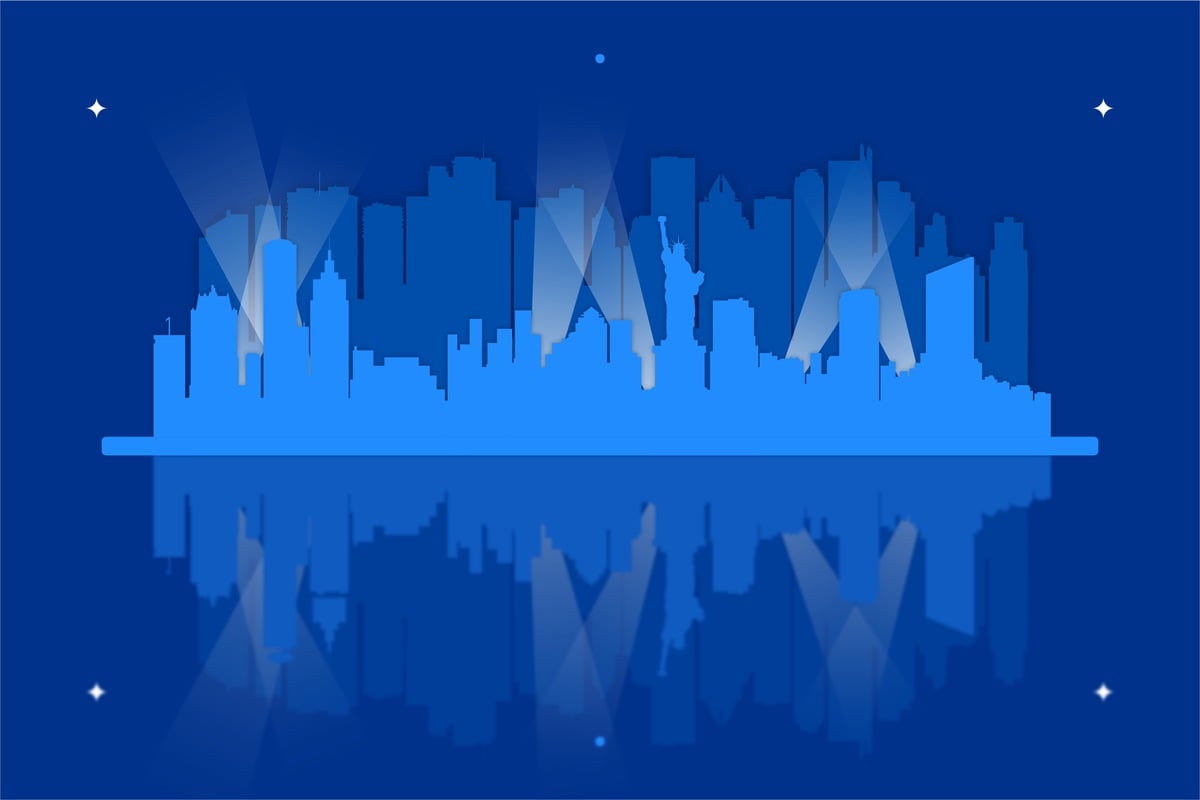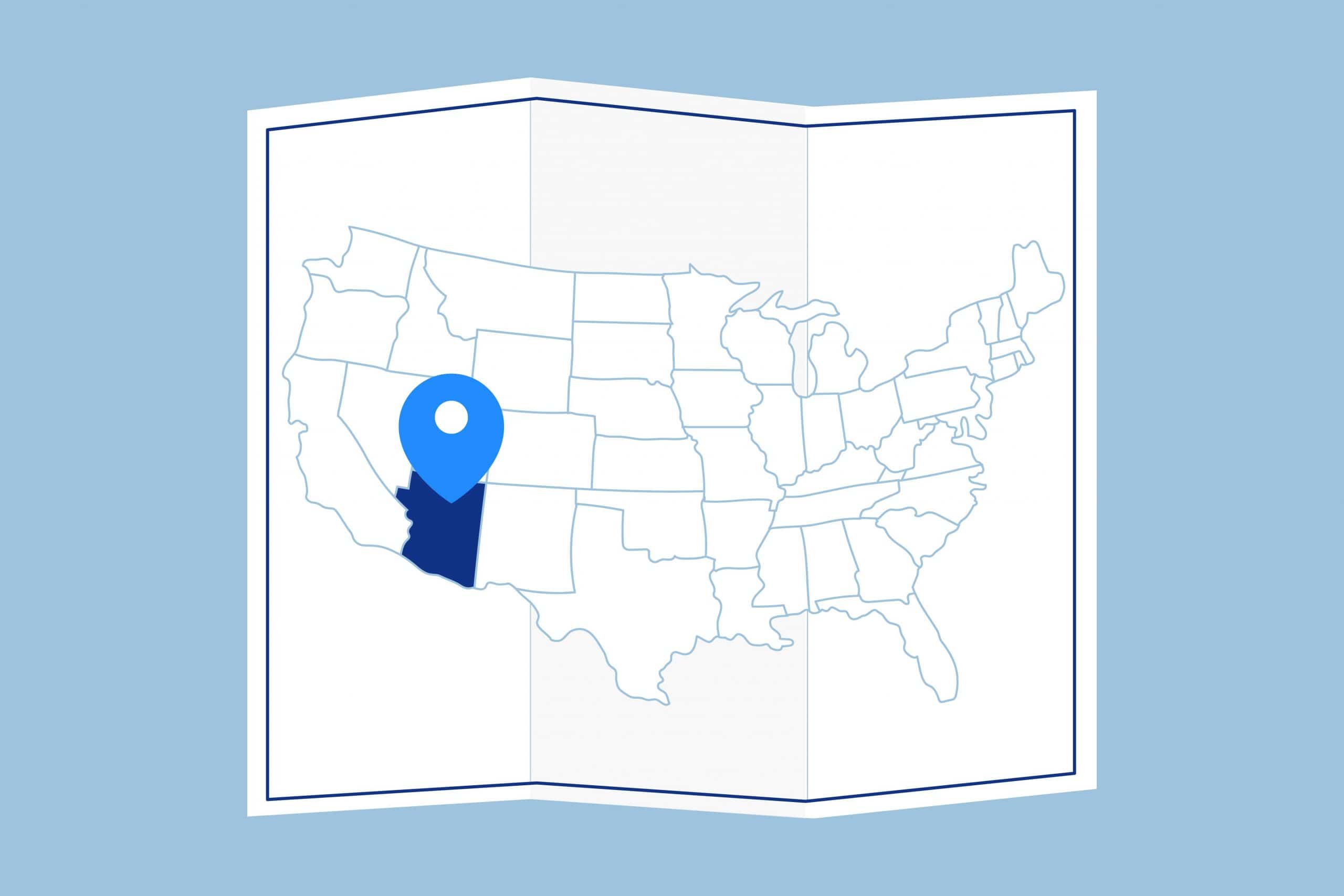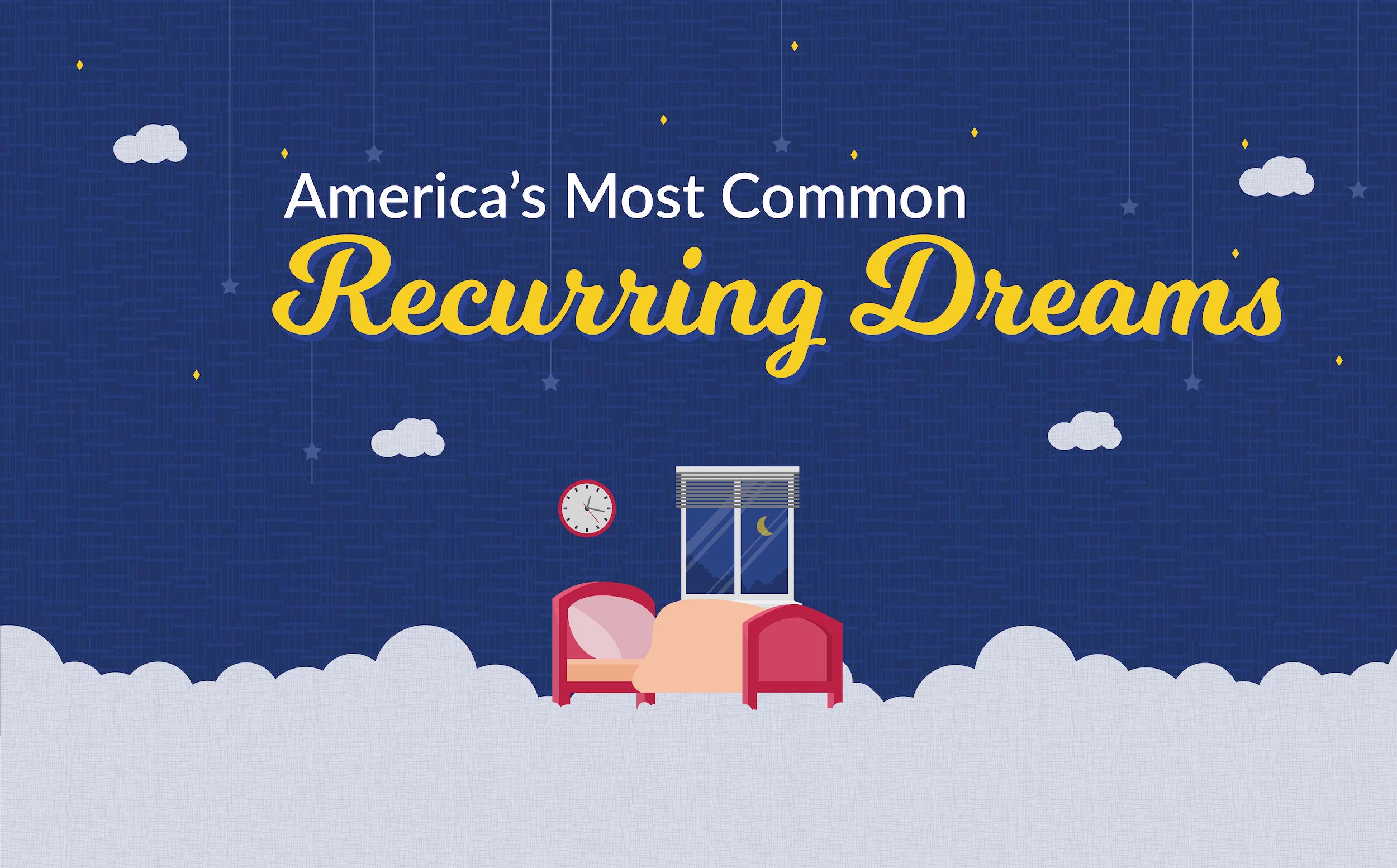Key Takeaways
- Sleep-Deprived Occupations: The study revealed several job roles that are significantly more prone to sleep deprivation, with Communication Equipment Operators, Transportation Workers, and Food Preparation and Serving Workers topping the list. Shift work, irregular hours, and demanding job responsibilities were identified as key factors contributing to the sleep deficits in these professions.
- Occupations with Better Sleep Patterns: Air Transportation Workers, including Pilots and Flight Attendants, were found to have more favorable sleep patterns, likely due to regulated work hours and guidelines that ensure adequate rest for safety. Postsecondary Teachers also reported better sleep compared to other professions, emphasizing the potential impact of job stability and structured work hours on sleep quality.
- Impact of Sleep on Work Performance: The research indicated that sleep deprivation can significantly affect work performance, leading to issues such as reduced concentration, learning difficulties, communication challenges, and memory lapses. On the other hand, prioritizing adequate sleep was shown to enhance productivity, decision-making abilities, and overall job performance.
Is your stressful job resulting in sleepless nights? You are not alone! We wanted to find out which occupations are the most sleep-deprived, so we analyzed data from the Centre of Disease Control and Prevention to create the Sleepless Job Chart, which highlights the job roles that result in the most tired staff.

A good night’s sleep can have huge benefits to your brain function. However, in our day to day lives there are a large number of factors that can impact the amount and quality of sleep we get, with work being the most common cause for sleep deprivation. From working days outside of the traditional 9am – 5pm, to simply extending your working hours to meet deadlines, sleep is often put on the back burner.
We explored how many working adults fall short of getting the recommended seven hours of sleep across different job roles, but which professions are ranked as the most sleep-deprived?
Sleepiest occupations
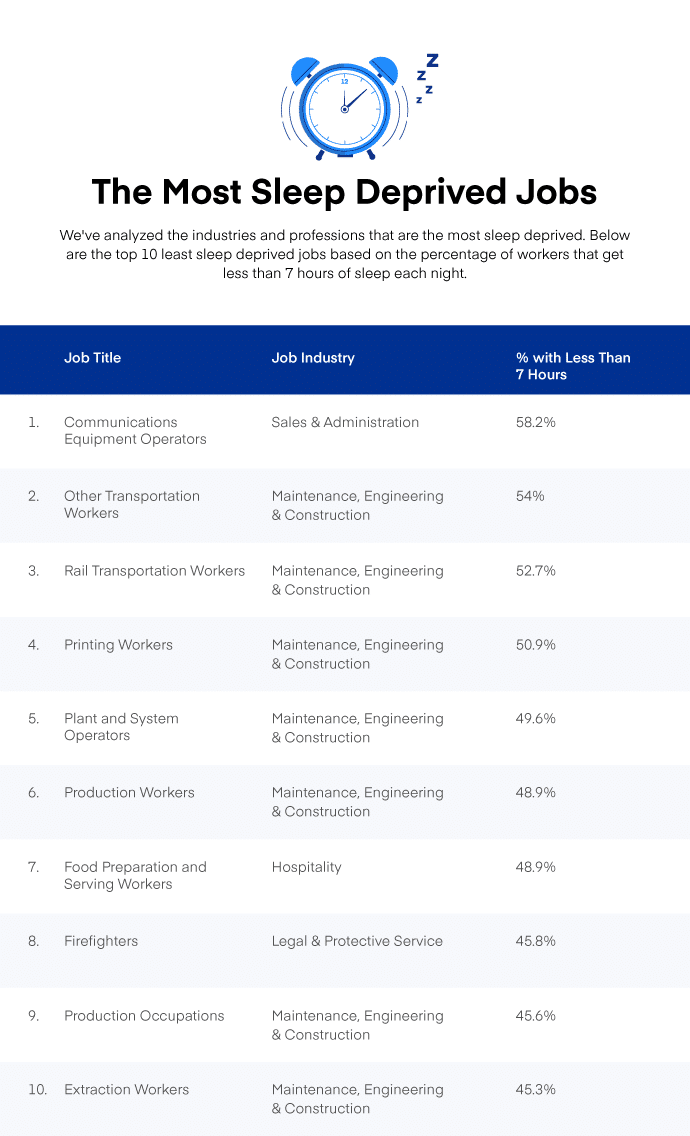
Taking top position are Communications Equipment Operators, including telephone operators that may handle emergency calls. The data revealed that over half (58%) of employees within this position recorded having less than seven hours of sleep a night. Closely behind were Other Transportation Workers (54%), such as Parking Attendants and Traffic Technicians, as well as Rail Transportation employees (53%).
Those working within transportation and the moving of materials also reported a wide range in prevalence of short sleep duration including Air Transport workers (21%) who reported having fewer than seven hours sleep every night.
Just below half (48.9%) of Food Preparation and Serving Workers get less than seven hours of sleep each night, so it can be presumed that this is due to hospitality staff working unsociable hours such as late nights and early starts.
Which occupations are sleeping easy?
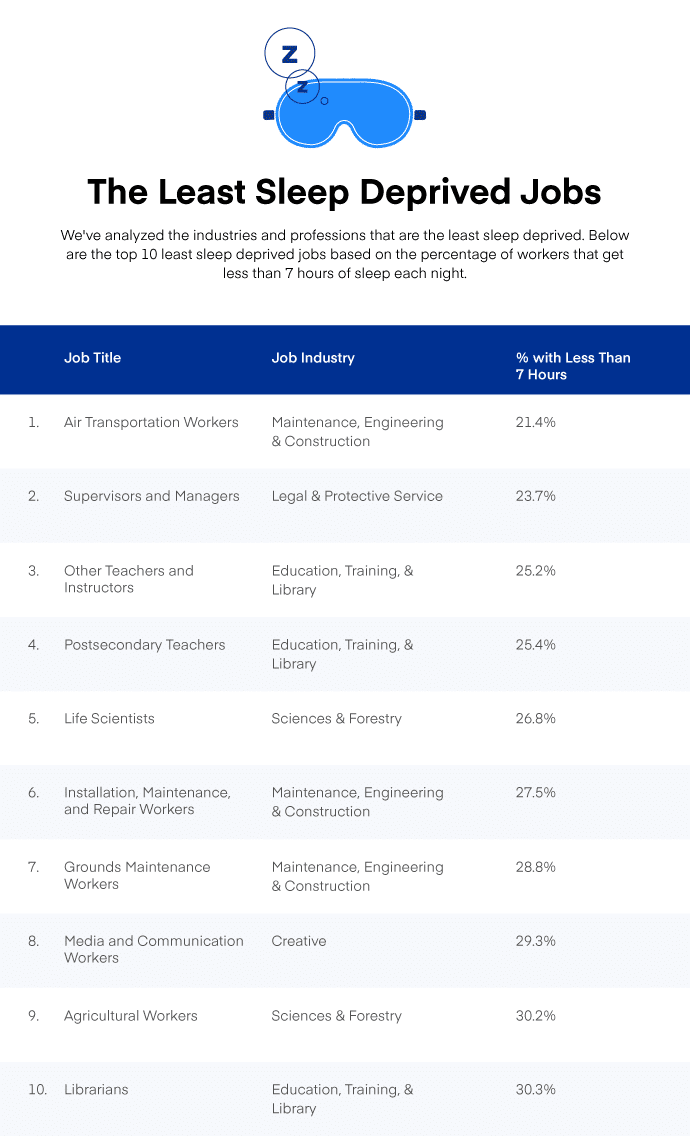
If you’re looking for a role that gets the most sleep the most often, then look to the skies, as roles within the air transportation industry (including Pilots and Flight Attendants) are the job roles that allow the best sleep, with roughly one in five of Air Transportation Workers recording having less than seven hours of sleep. This comes as no surprise as the Federal Aviation Administration (FAA) has set out limits to protect its pilots by restricting their flight time to eight or nine hours, giving pilots plenty of time to catch up on their zzz’s and maintain concentration whilst on the job.
Closely following these professions with having the best night’s sleep are Postsecondary Teachers and Instructors who fall into the Education, Training & Library sector. Not only are these teachers getting more than seven-plus hours of sleep a night, the survey reveals that nearly a third (31.8%) of people actually sleep better in a cool bedroom. That said, we’ve also previously observed that many teachers struggle with sleep deprivation.
With the Maintenance, Engineering & Construction sector coming out twice in the top three most sleep-deprived occupations, some jobs in this sector also reported getting the most sleep each night. Less than 30% of Ground Maintenance Workers and Supervisors of Installation, Maintenance and Repair Workers revealed they struggle with sleep, meaning that the majority (70%+) sleep just fine.
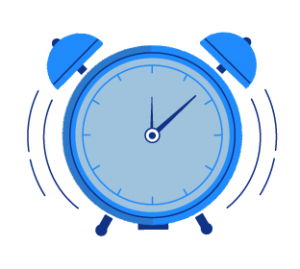
Shift workers are at the most risk of sleep deprivation
The data revealed that individuals who work shift patterns are the most likely to be sleep-deprived. Shift work, especially shifts that work through the night, has a pronounced effect on your sleep. This is because it creates a conflict between the day orientation that regulates your sleep-work cycle, which mixes up the requirement for work and sleep at the “wrong” time of day.
We also surveyed U.S workers to find out from employees just how much sleep-deprivation is affecting our careers. The results revealed that almost one in five of Americans said they lose sleep because of their work and one in eight said that their work has resulted in them struggling to sleep.
Whilst some roles such as shift work do have an impact on our sleep patterns, other factors seriously impact sleep – stress being one of them, with 46% of Americans saying that work is a major cause for stress, and over a third of respondents reporting difficulty in sleeping.
April Mayer, staff writer at Early Bird, comments:
“Sleep is an important factor in our life – it helps us recuperate and tackle the day ahead of us with high energy. Without it, we’d eventually start to feel fatigued, lazy and it would begin affecting work performance and productivity.
“It’s recommended by medical professionals all over the world that we get seven hours – if not more – of sleep a night, so when our research revealed that the majority of professions are not getting those all-important zzz’s in, it did spark concern. If your job affects your sleep and reduces the amount of hours you physically can put aside to get some shut-eye, some tips to improve your short sleep breaks include upgrading your mattress, using blackout curtains, and getting daily exercise to make it easier to fall asleep when it is bedtime.”
FAQ’s
What is sleep-deprivation?
Sleep-deprivation is the condition of not getting enough sleep. A lack of sleep can not only affect how you feel for the next day, but can have very negative effects on your body and your health. It’s important that you prioritize sleep to ensure that you give your mind and body the best chance to work at peak performance.
How does sleep-deprivation affect work performance?
By not getting the recommended hours of sleep a night, individuals will find it more difficult concentrating, learning and communicating. A lack of sleep is also shown to cause memory lapses. Verified Source Harvard Health Blog run by Harvard Medical School offering in-depth guides to better health and articles on medical breakthroughs. View source
How does sleep improve productivity at work?
Getting enough sleep improves your ability to make more accurate decisions. Sleep doesn’t just boost your mood but it helps to create energy. In the hustle and bustle of work, it’s easy for employees to cram their days with meetings and workload, however, lack of sleep is detrimental to productivity. Some of the biggest names in business understand that having happy and well-rested workers means that more work will be done and to a better ability
About the author
April Mayer is a sleep expert and writer with a degree in exercise physiology. She has dedicated her career to exploring the relationship between sleep and productivity. Her insightful articles, such as "The Surprising Way Your Mood Might Be Messing With Your Productivity" and "Wake Up to More Productive Mornings," have been featured in reputable publications like Forbes, Greatist, Real Homes, Thrillist, Tom's Guide, and Eat This, Not That. With a passion for helping others lead more productive lives through restful sleep, April offers valuable expertise on foods and vitamins for better sleep. As a trusted member of the Early Bird team since March 2020, she continues to provide informative and well-researched content.
View all posts